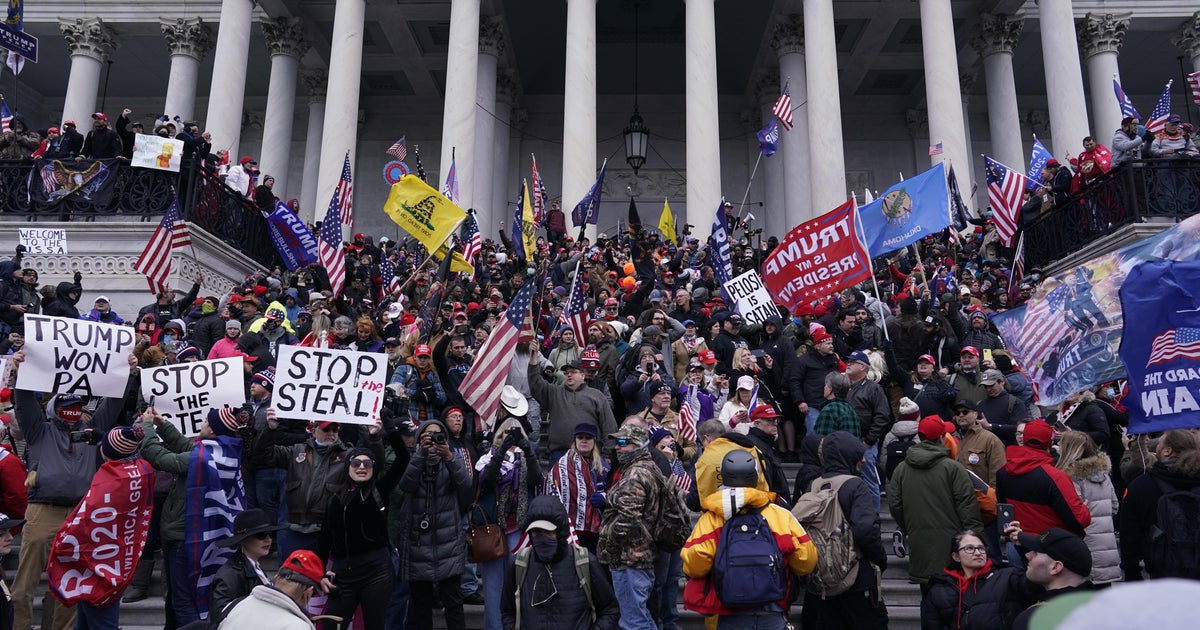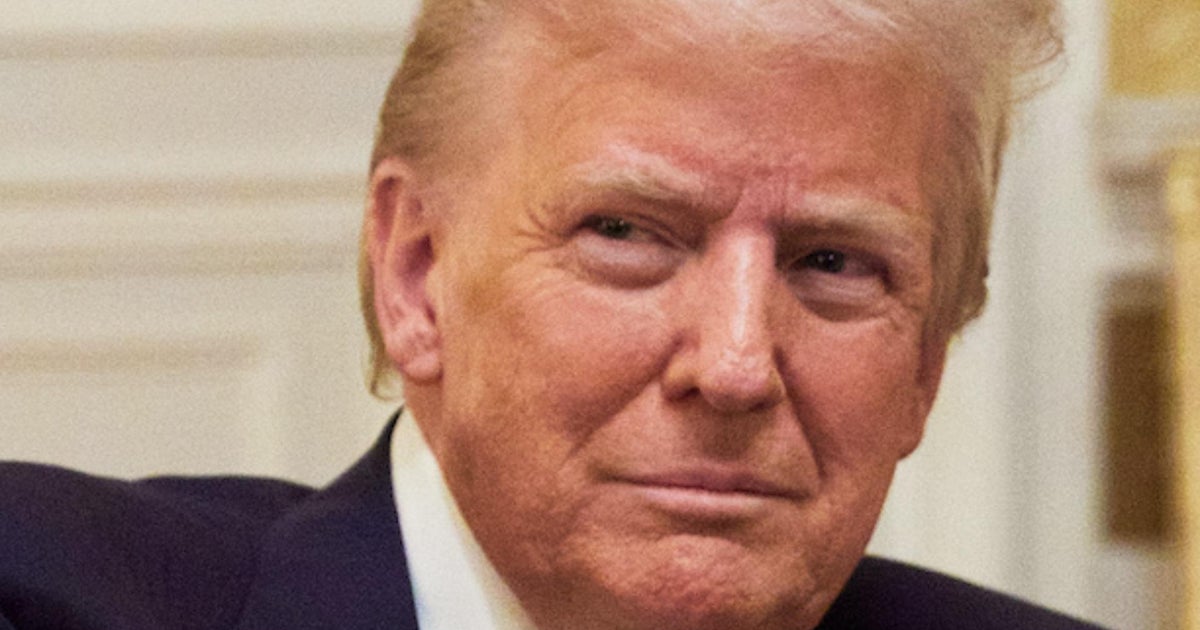U.S. and Chinese Defense Officials Meet in Bid to Cool Regional Tensions

SINGAPORE — In their first face-to-face talks, Defense Secretary Lloyd J. Austin III and China’s defense minister, Gen. Wei Fenghe, warned each other about risky moves over the disputed island of Taiwan, even as they sought to strengthen guardrails to prevent regional tensions from escalating into crisis.
The meeting between Mr. Austin and General Wei, on Friday in Singapore, was only their second bilateral encounter, following a phone call in April, despite the increasing rivalry between the two countries and worries that miscalculation might spiral into crisis.
Mr. Austin “underscored the importance of the People’s Liberation Army engaging in substantive dialogue on improving crisis communications and reducing strategic risk,” the Pentagon said in a statement after the meeting. Mr. Austin also told General Wei that the United States opposed any unilateral moves to change the status of Taiwan — a self-ruled island that Beijing claims as its own — and urged China to “to refrain from further destabilizing actions toward Taiwan.”
General Wei, however, threw responsibility on the United States for worsening tensions over Taiwan, telling Mr. Austin that U.S. weapons sales to the island “gravely damage China’s sovereignty and security interests,” the Chinese Ministry of National Defense said in its summary of their talks.
Since 1949, when Nationalist forces fled China for Taiwan, the status and future of the island has been disputed. Beijing claims it as its sovereign territory; most people on Taiwan reject that claim and want to stay separate — in fact, if not in law — from the People’s Republic of China. Washington has long maintained that neither side should unilaterally try to change the status of Taiwan, but U.S. legislation also allows for supporting the island’s defenses and possibly intervening if war breaks out.
Read More on the Relations Between Asia and the U.S.
“Using Taiwan to contain China will never succeed,” General Wei said, according to China’s official summary. “The Chinese government and military will resolutely smash any schemes for ‘Taiwan independence’ and will resolutely defend unification of the motherland.”
Despite the public sparring over Taiwan, both sides also indicated that Mr. Austin and General Wei had made some progress during their meeting, which lasted about an hour. Senior Col. Wu Qian, a spokesman for the Chinese defense ministry, told reporters in Singapore that the talks had also covered the South China Sea — where China’s wide territorial claims are contested by Southeast Asian countries — as well as the war in Ukraine.
“China has always believed that it’s better to meet than not meet, and better to talk than not,” said Colonel Wu said. He added that the talks marked a “very good start” for improved contacts between the U.S. and Chinese militaries, the biggest and second-biggest in the world.
China has been flexing its military might in Asia in ways that have raised alarms in the region and in Washington. In recent days, American allies have complained about Chinese military jets harassing their planes, flying so close that the pilots could see each other, or making provocative, risky maneuvers, such as releasing metallic chaff in the path of an Australian aircraft. Last month, China and Russia held a joint military exercise, sending bombers over the seas in northeast Asia as President Biden was visiting the region.
“It’s possible that the Chinese are testing U.S. allies to see if they’ll back down,” said Zack Cooper, a senior fellow at the American Enterprise Institute who studies U.S. policy in Asia and was attending the Singapore dialogue. “They may be more likely to test these other countries to see if they are less risk tolerant.”
But Taiwan is perhaps the greatest source of tensions between the United States and China. American officials and military commanders worry that China’s leader, Xi Jinping, may be willing to go to war over Taiwan in the coming years. President Biden has indicated several times that the United States would step in with military support to defend Taiwan if Beijing launched an invasion. China has escalated its military activity near Taiwan in recent years, sending jets to enter its air defense zone.
“In the short to medium term a Taiwan conflict is far more likely to occur by accident than design,” said a report issued at the Singapore forum by the International Institute for Strategic Studies, a British think tank. “Indeed, as Chinese coercion of Taiwan intensifies, the risk of inadvertent escalation is rising.”
China has responded angrily to Washington’s support of Taiwan, including its plans to strengthen trade ties with the island, accusing it of fueling tensions in the region. Chinese officials have also pushed back against the Biden administration’s broader effort to build alliances to counter China. The Chinese government denounced a security agreement between the Australia, Britain and the United States last year that would help Australia deploy nuclear-powered submarines, raising expectations that it would join any military conflict with Beijing.
The risk of conflict has grown as China’s military has expanded into the world’s second largest, with a navy rivaling America’s in size, and as Beijing has become increasingly impatient with the U.S. military presence across Asia.
But Covid restrictions and disagreements over meeting arrangements, such as who Mr. Austin’s counterpart would be, have stood in the way of high-level talks between Chinese and American military leaders.
Despite their similar titles, Mr. Lloyd and General Wei occupy very different ranks. Mr. Lloyd is the most senior American civilian in the Pentagon; the Chinese defense minister is a relatively junior position whose main job is contacts abroad. Mr. Lloyd has yet to meet Mr. Xi, the Chinese leader who is also chairman of the Central Military Commission, or other high-ranking commanders on the commission.
Even so, experts attending the forum in Singapore saw value in the meeting between the two men. Over the last few decades, China and the United States have built a patchwork of agreements and communications lines intended to avoid misunderstandings as well as collisions at sea or in the air that might spin into broader confrontation. But Beijing and Washington do not see eye to eye on how to reduce those risks.
Eric Schmitt contributed reporting from Washington.
World News || Latest News || U.S. News
Source link



